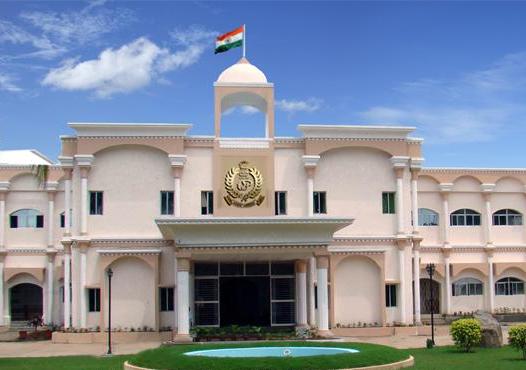Pinak Mishra
“Nothing else in the world…not all the armies…is so powerful as an idea whose time has come,” wrote Victor Hugo. The Sub Inspector of Police recruitment in Odisha this year is indeed a special one. For the first time, 26 transgender persons will be taking the exam with the hopes of joining the prestigious Odisha Police. It is also the first time a public advertisement has been issued seeking applications from transgender persons for government jobs in the state.
It is commonplace knowledge that the transgender community has always lived a difficult life bereft of any social identity and respect. Living on the margins, transgenders have long suffered extreme discrimination at the hands of all sections of the society, including the police, merely due to their sexual orientation.
For years, they have been subjected to sexual abuse and violence, despite the protection they have been guaranteed by the law, like everyone else. What’s concerning is that such incidents have continued to happen, often in the presence of police personnel, and sometimes even at their hands. Their almost non-representation in the police force have made them voiceless with their demands often being scorned at and their rights for a dignified existence trampled.
Transgender people have always had a strained and an asymmetric relation with the police. They deride the police and look them with mistrust and contempt. On the other hand, the perception as well as treatment of the police towards transgenders has been roughshod and insensitive.
Police’s insensitive response towards transgender persons can be attributed to the complete lack of knowledge and appreciation about the complexities of identity issues related to them. Another plausible reason for the harsh and discriminatory treatment by the police is negligible representation of transgender persons in the police force. It was only in 2017 when India’s first transgender police officer was appointed in Tamil Nadu.
However, it is now presumed that the enactment of the Transgender Persons (Protection of Rights) Act, 2019, which prohibits discrimination against them in employment and other services, will usher in a new dawn for transgender persons in securing their rights.
Law enforcement or policing is executed through societal consent and that makes it imperative that our personnel are representative of the communities that we serve. More diversity and inclusion will only help increase the legitimacy of the police force.
Besides, successful policing isn’t just accomplished by brute force, it requires emotional intelligence and sensitivity too. In keeping transgenders out, we may have been overlooking talented applicants from an entire community. It is, therefore, heartening to note that Odisha Police has taken a big step in the right direction allowing transgender persons to be recruited as officers.
Making transgender people a part of the force will help sensitise other personnel towards the problems faced by the community. It will also make the successful among them ambassadors of their community and a role model for others to emulate. Not only that, it will also heighten the police personnel’s cultural competence and help them act more professionally while addressing the issues of transgender people.
While the recruitment of transgender persons into the police force is a milestone in addressing the entrenched discrimination against them, there are several challenges that lie ahead including securing a non-discriminatory and safe workplace, ensuring equal working conditions and facilities at the workplace, expecting unbiased behaviour of their colleagues towards them, and most importantly negotiating with them in their new professional role.
Therefore, it is incumbent upon the organisation to ensure that transgender persons overcome these challenges. More than a stated policy it must be a solemn resolve for everyone to create a safe working place and an accommodative working condition. Any exhibition of inherent bias by fellow colleagues towards them will be detrimental to their success and growth.
The journey of true assimilation of transgender persons will only be possible by an accommodative organisation and a sensitive workforce. We have, since long, relegated an entire community to obscurity depriving them of basic rights and opportunities. Now the time has come to right those wrongs. Trans-inclusivity in the higher ranks of police is not just the right thing to do; it’s an idea whose time has come.
The writer is a 2011-batch IPS officer and presently posted as Superintendent of Police, Berhampur.
